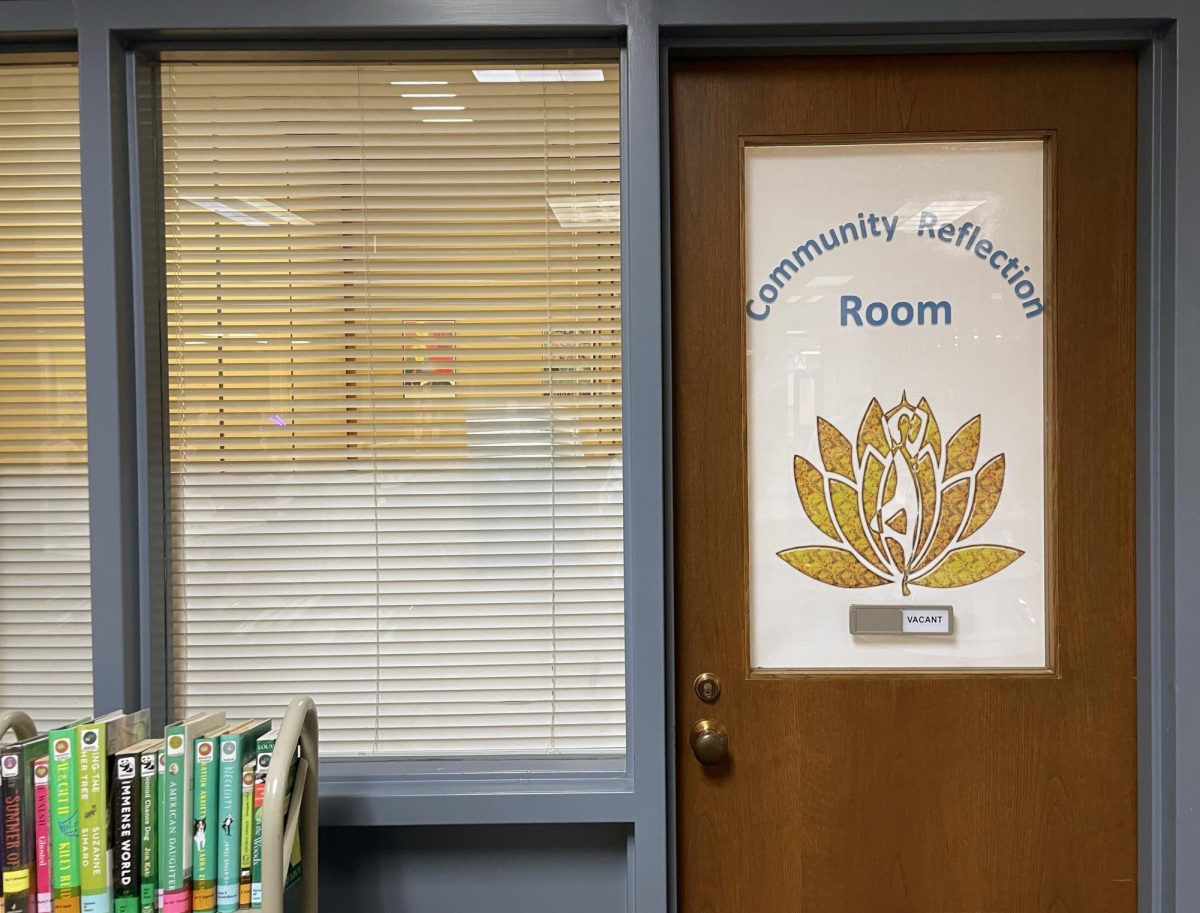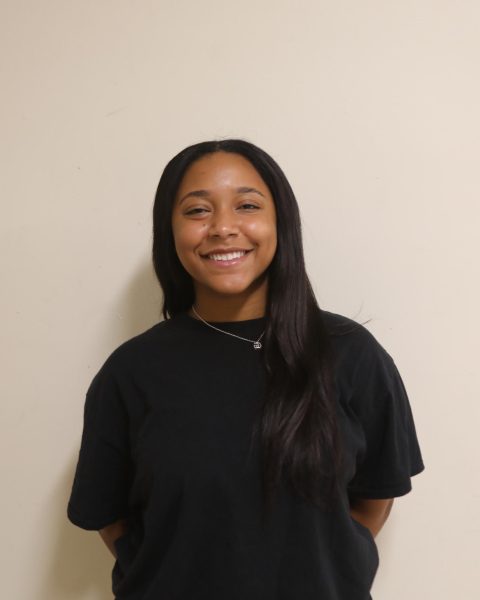When she was in middle school, LT English Alternative teacher Antash Safdar was the only Indian and Muslim person in her school. Intrigued by the rituals and celebrations of Ramadan that her family partook in, Safdar took on a half-day fast. Wanting to take part in a holiday celebrated through her heritage at home but also wanting to “fit in,” Safdar feared expressing her faith and straddled the fence between her two communities.
“It’s so important to hold onto your culture and your religion as a minority,” Safdar said. “It can be so easy to lose your identity when it’s so [encouraged] to assimilate and become a part of a dominant culture.”
Ramadan is a 29-30 day celebration beginning with the sighting of the new moon during the ninth month of the year by the Islamic calendar. Participating communities fast from sunrise to sundown, abstaining from both food and water. Practitioners also focus on mindfulness to perform good deeds, not speaking ill or gossiping, and improving one’s spirituality. It is also a time to embrace the five major tenets of the Islamic faith: fasting, prayer, charity, faith in god, and performing the pilgrimage to Mecca. Mosques (religious sanctuaries) recite all 30 chapters of the faith’s religious text, the Quran. After the month is over, participants celebrate EID with plenty of food and other traditions.
“I take [many privileges] for granted so many times a day over the course of the year, and this month forces you to be thankful for all opportunities in your life and give thanks,” Safdar said.
This year, the celebration began on Feb. 28. LT has marked the holiday through decorations and banners in community center rooms and provides reflection spaces open for prayer on both campuses. It has also made efforts to educate teachers about appropriate accommodations and overall awareness to assist students in participating in the celebration.
“For many, [fasting] can be daunting, but doing as part of a community brings a sense of closeness and unity, excitement and joy,” Safdar said.
Jenna Sharbaji ‘25 has participated in the ritual throughout high school but does not experience the community aspect firsthand. She asserts that there is not a strong Muslim community or support at LT. In fact, she was unaware that gym accommodations were an option for her. As a Student Equity and Belonging Committee member, she has expressed her desire for change, including academic exceptions for absences on the holiday of EID, inclusion of Islam in the history curriculum, and an alternative gym uniform to the short sleeves offered.
“I feel alone sometimes celebrating [Ramadan],” Sharbaji said. “I don’t see it represented at all at school.”
Ramadan, a reminder for self-improvement and reflection, is celebrated beyond Safdar and Shabaji throughout the community.

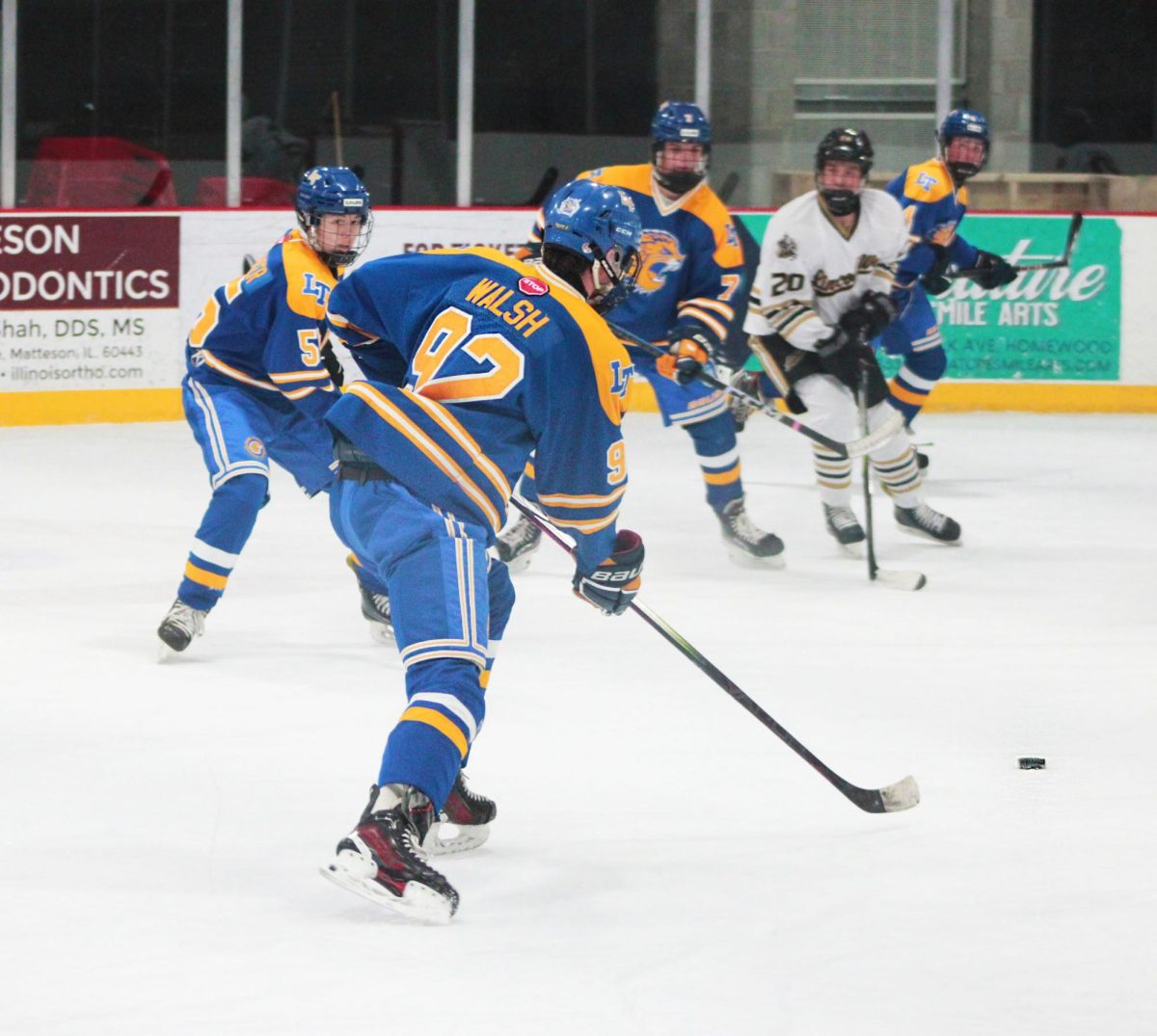
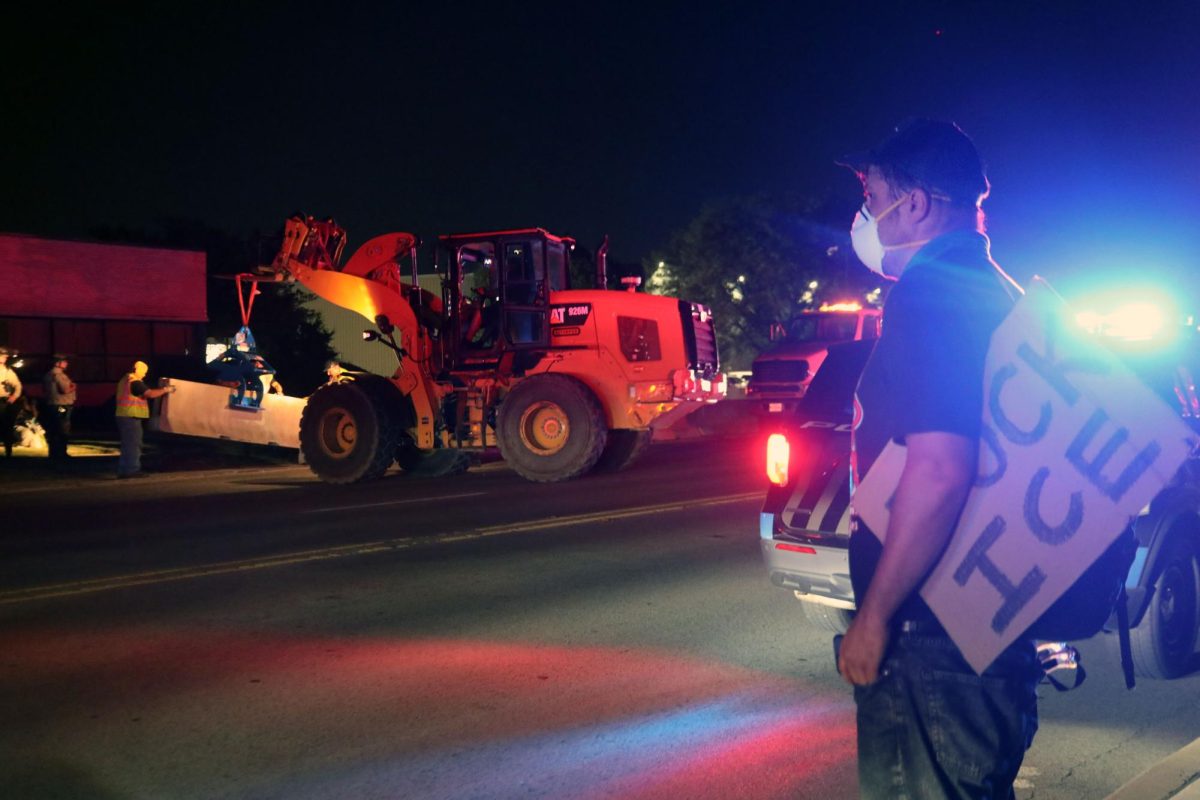

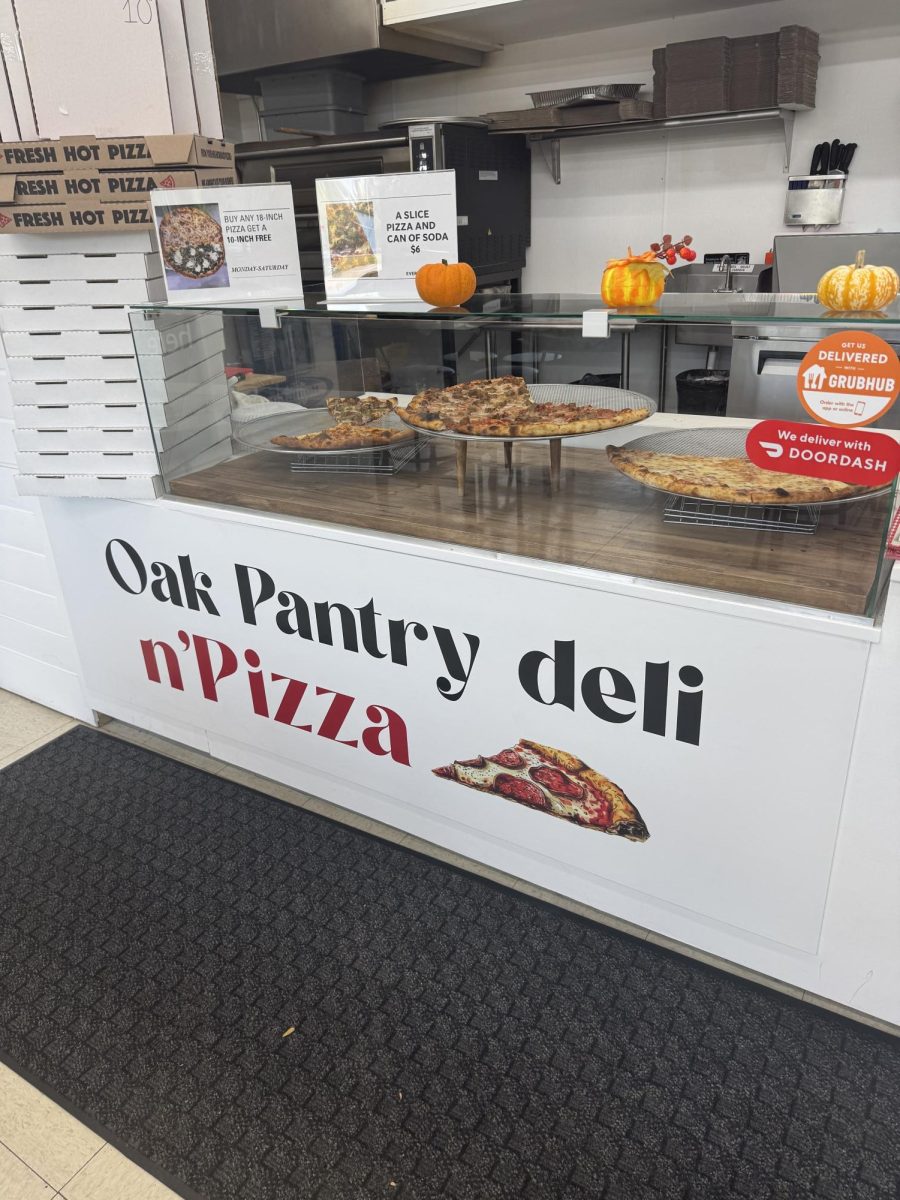

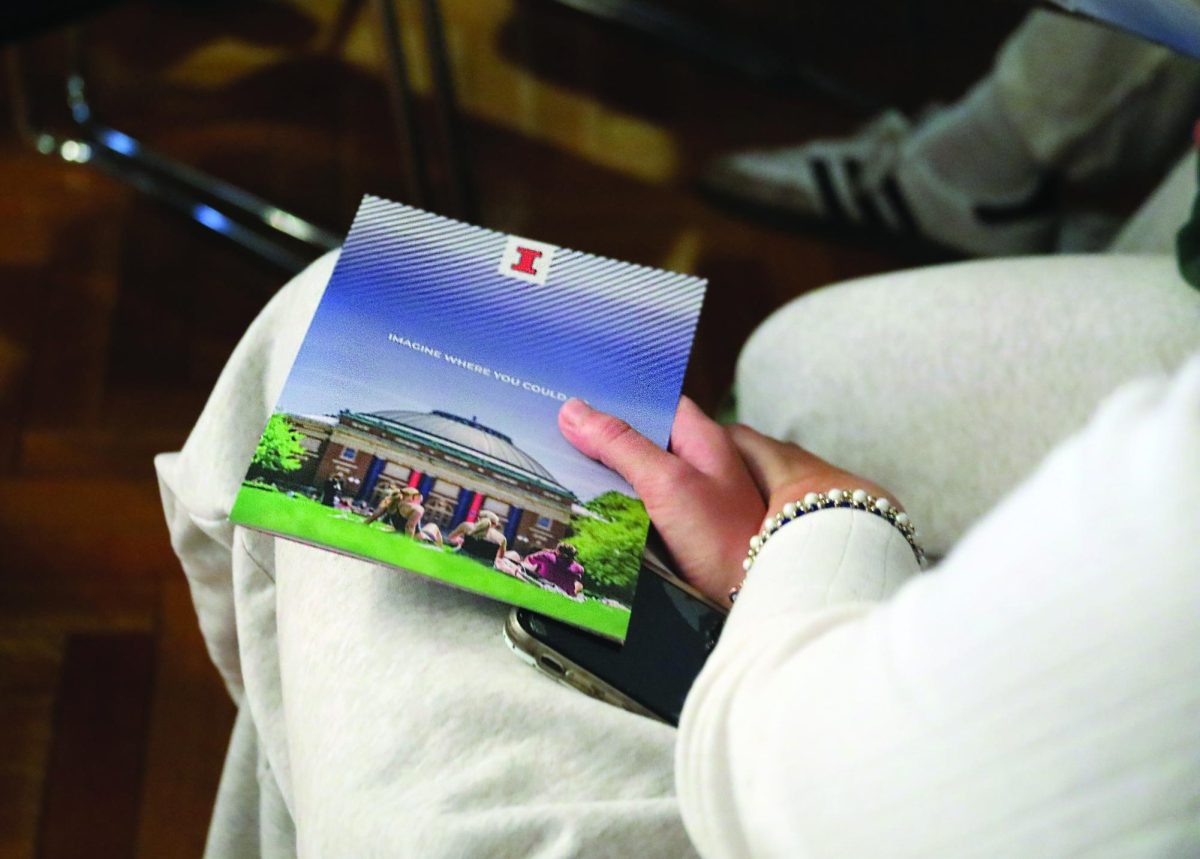
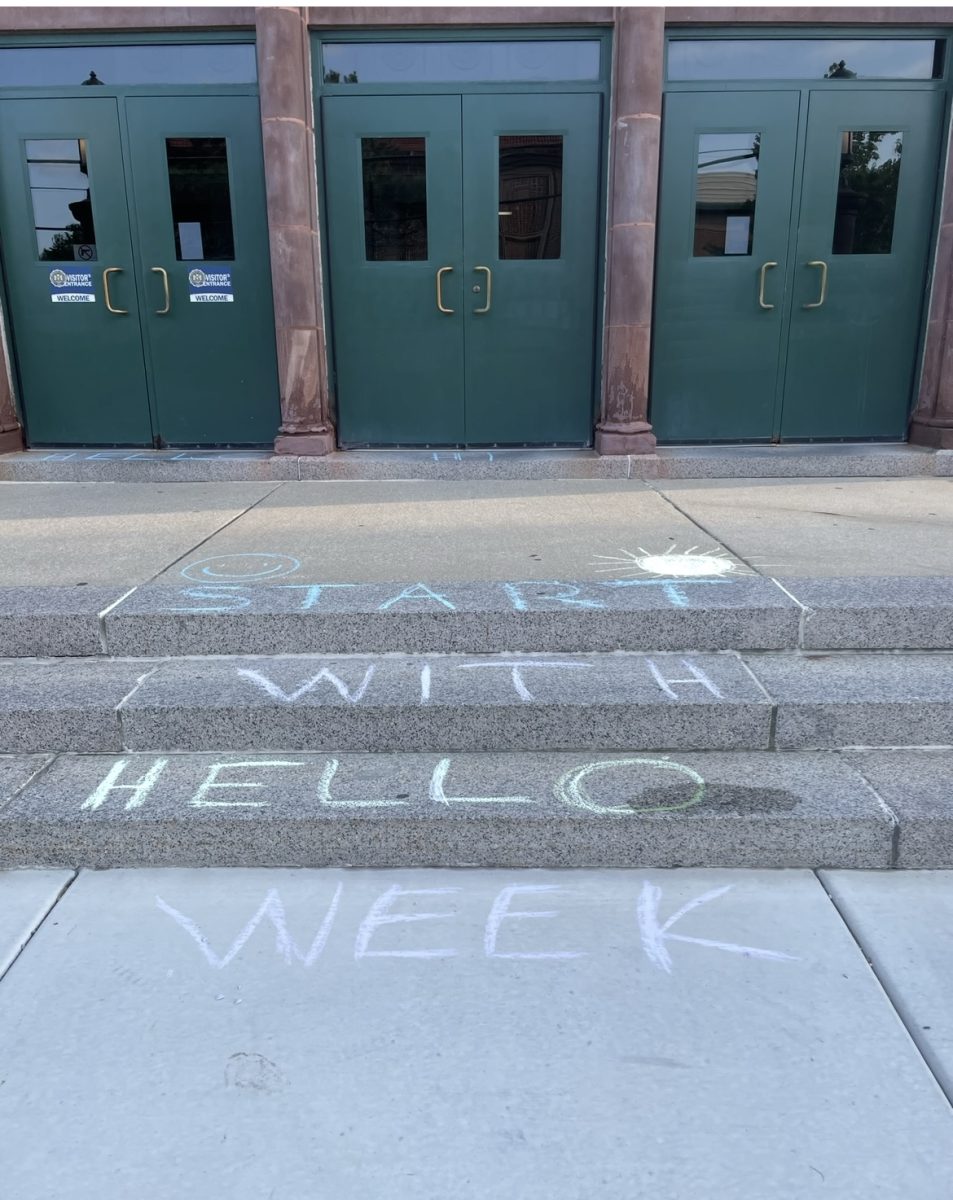

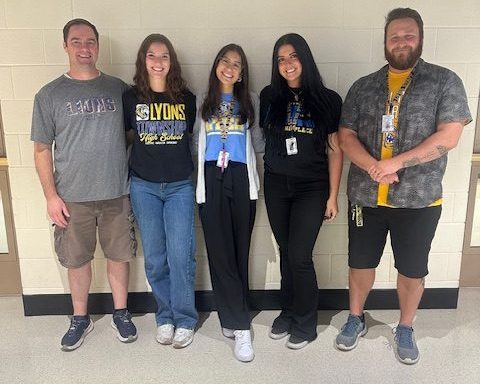
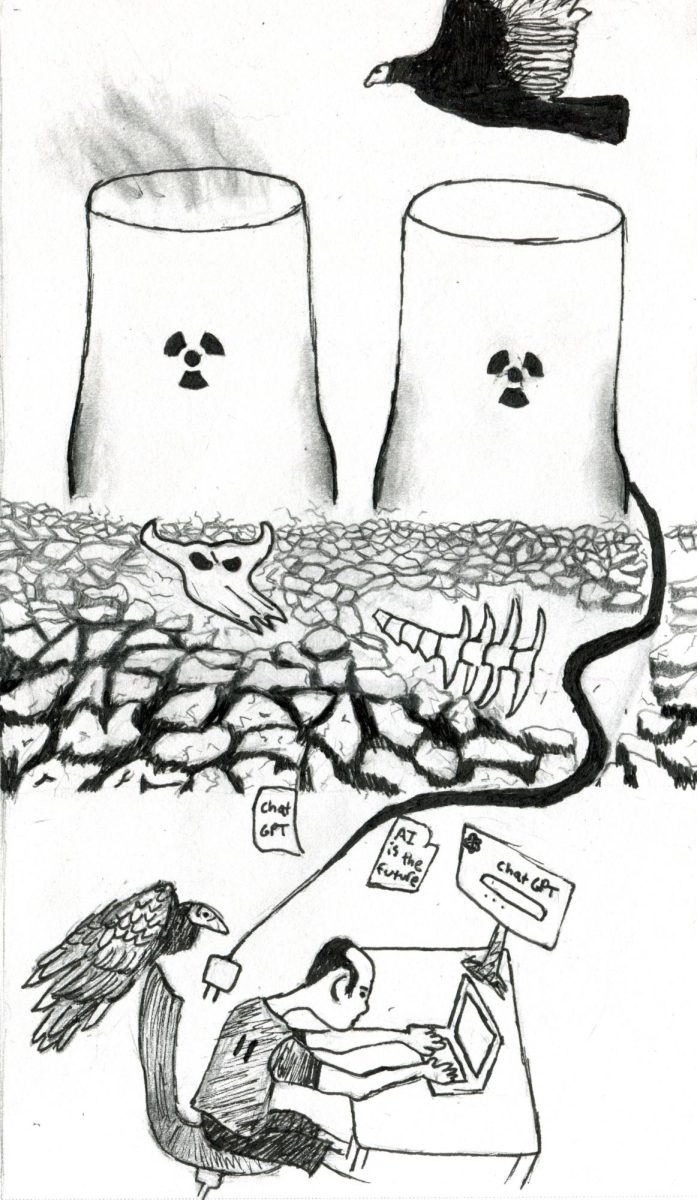
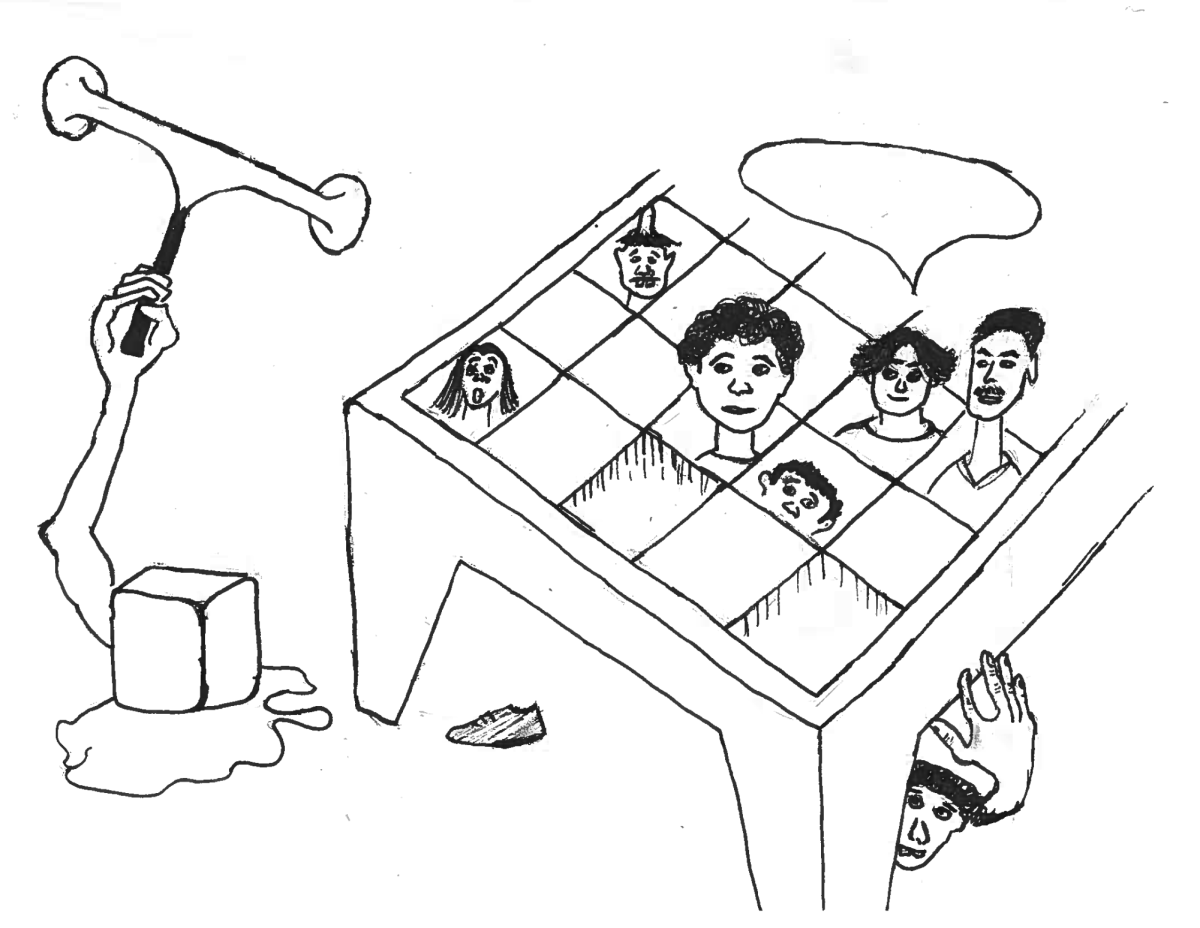
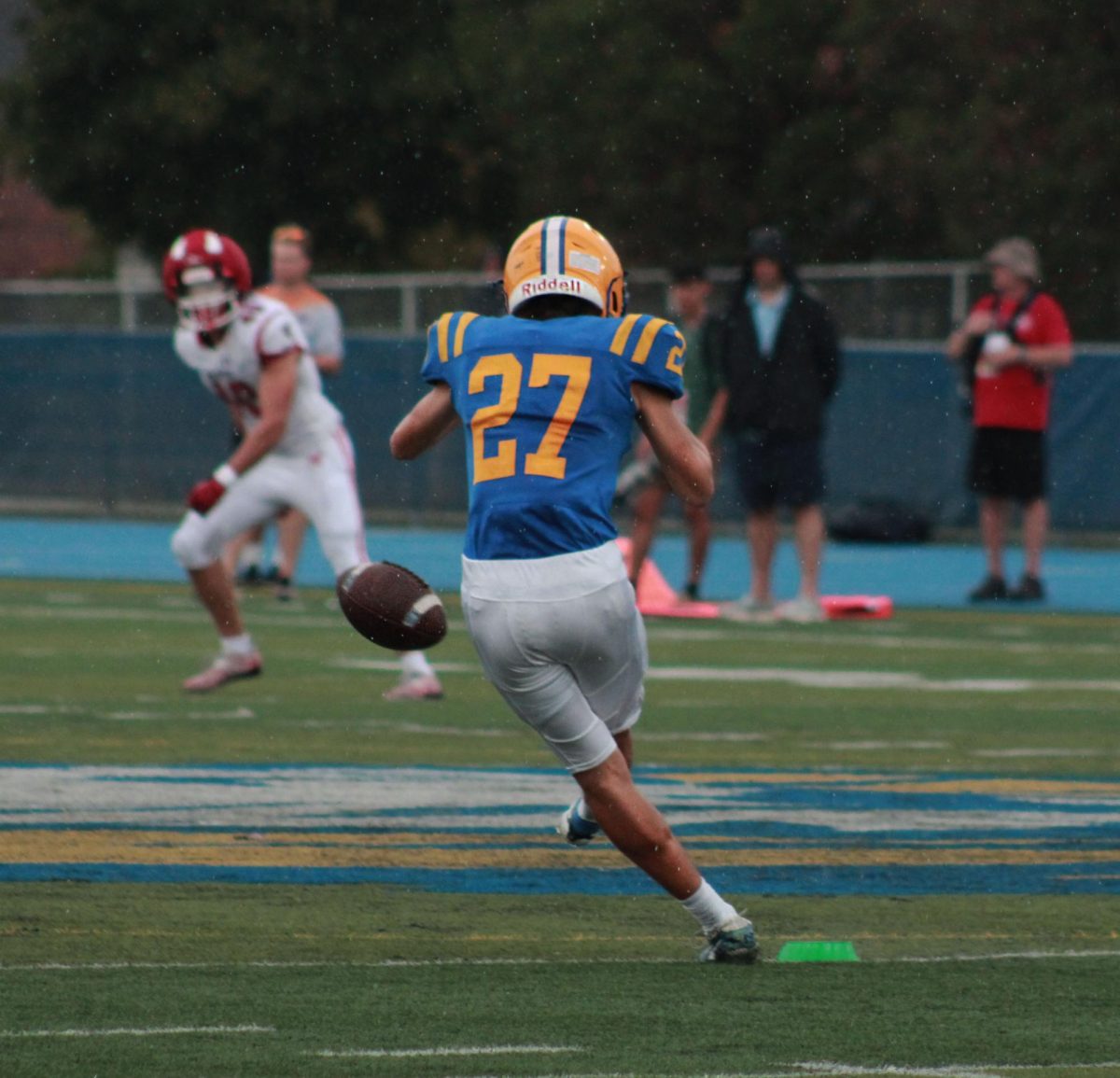
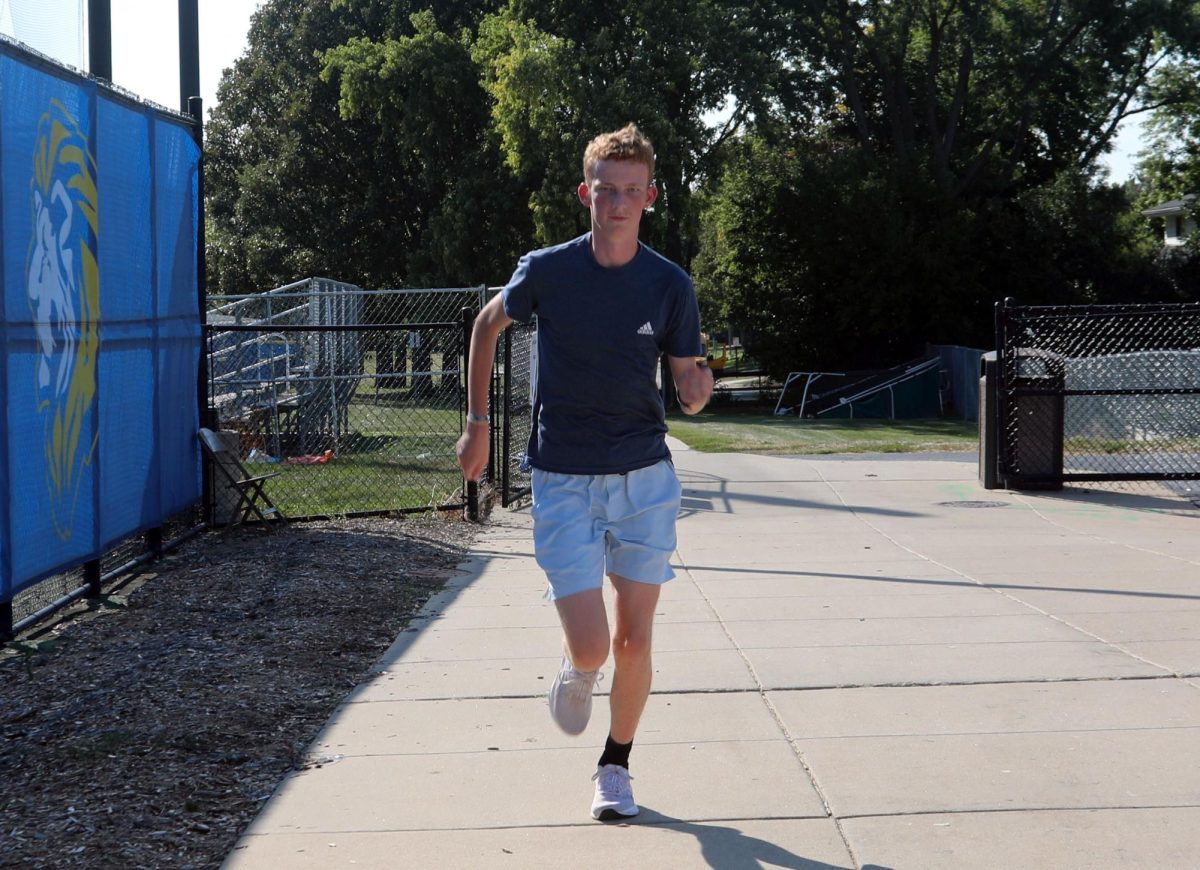

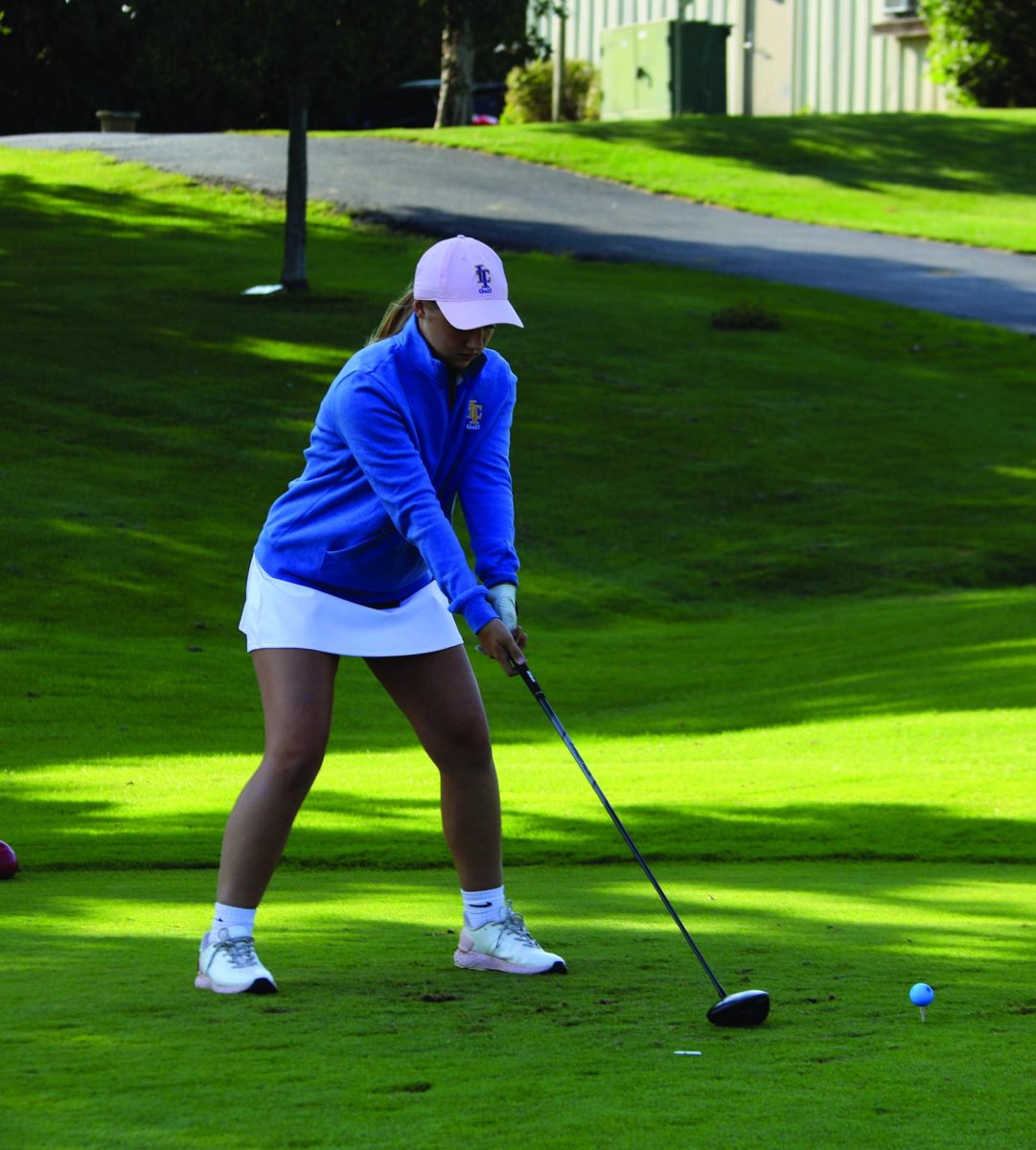

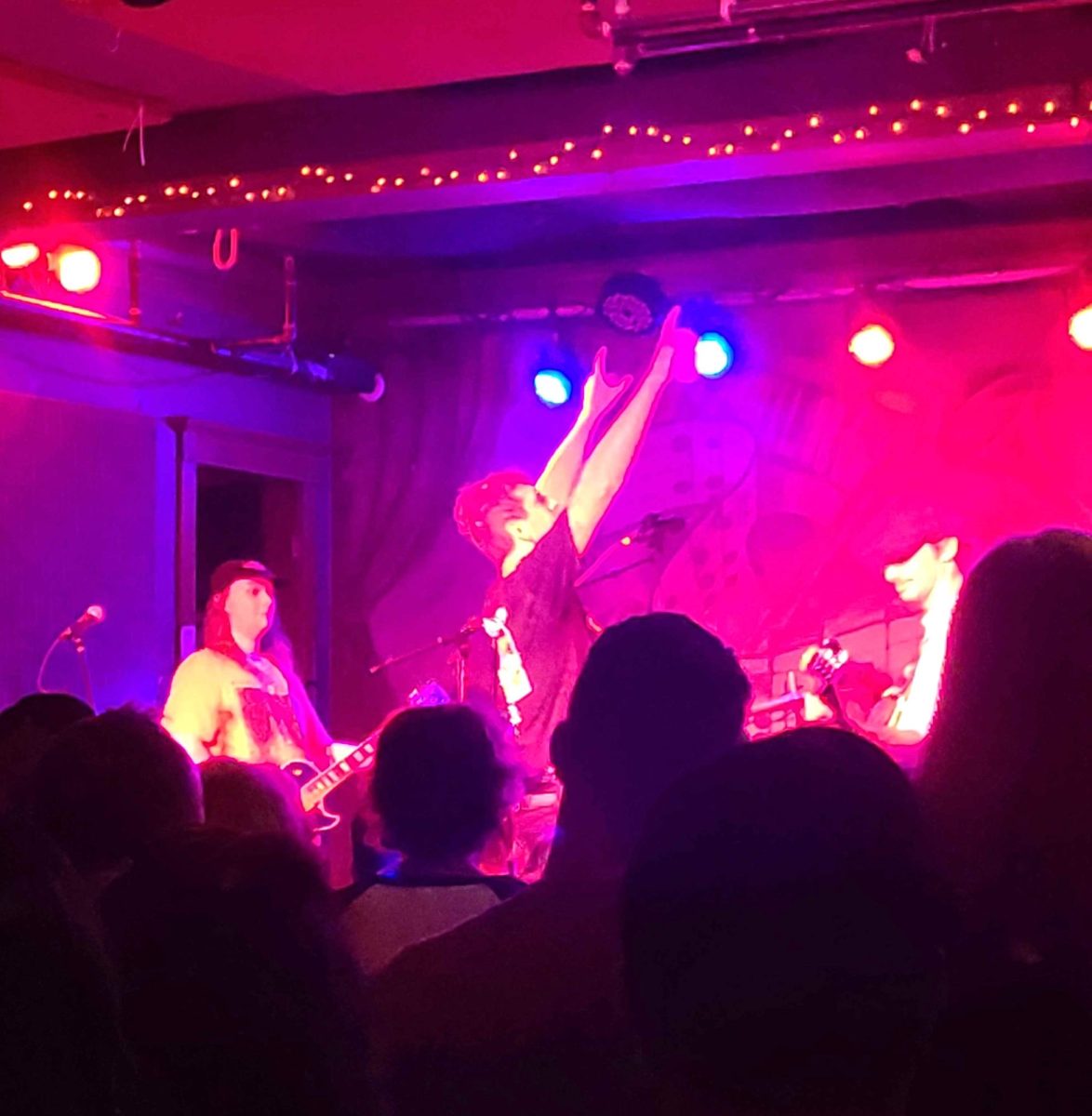
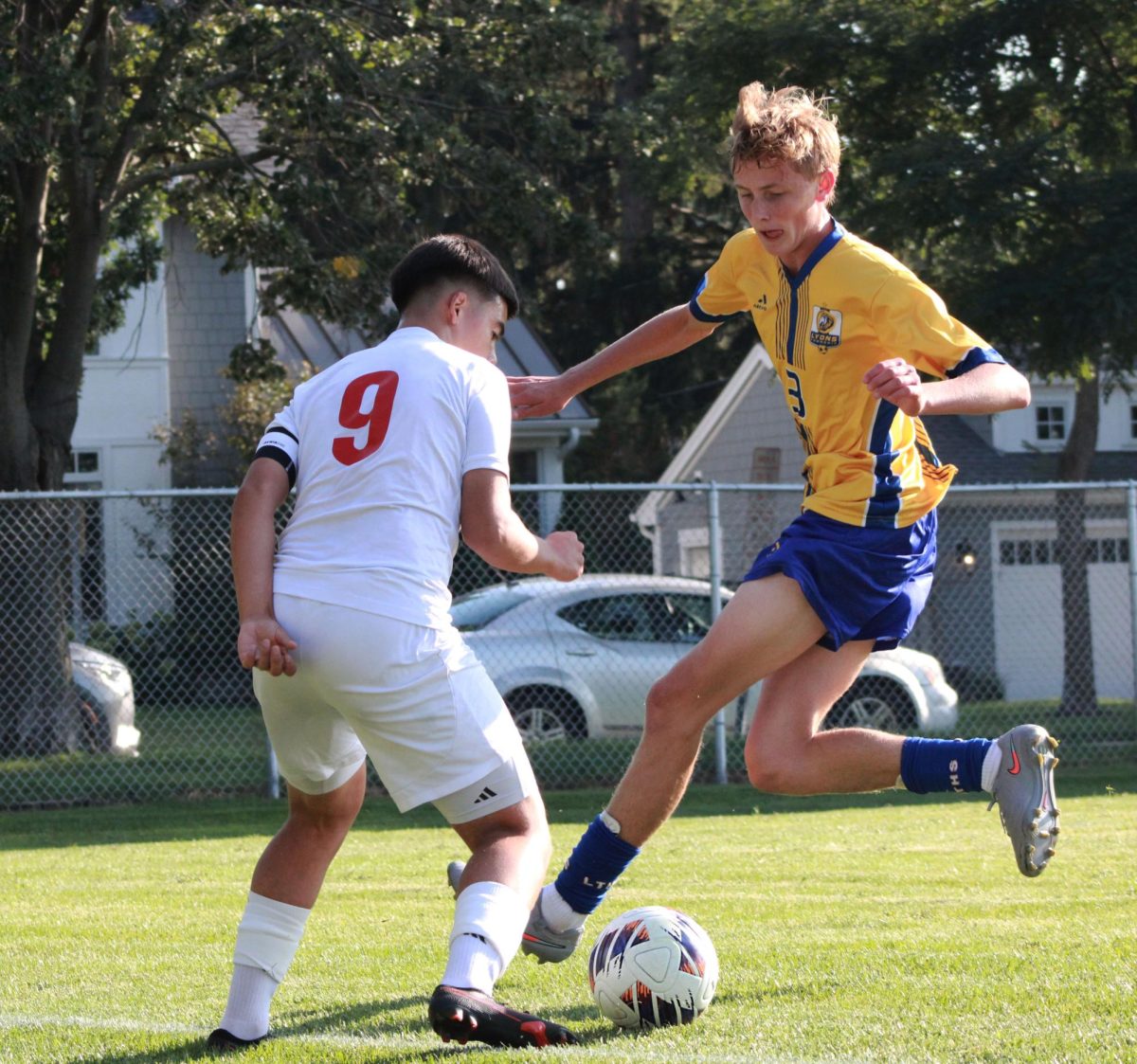
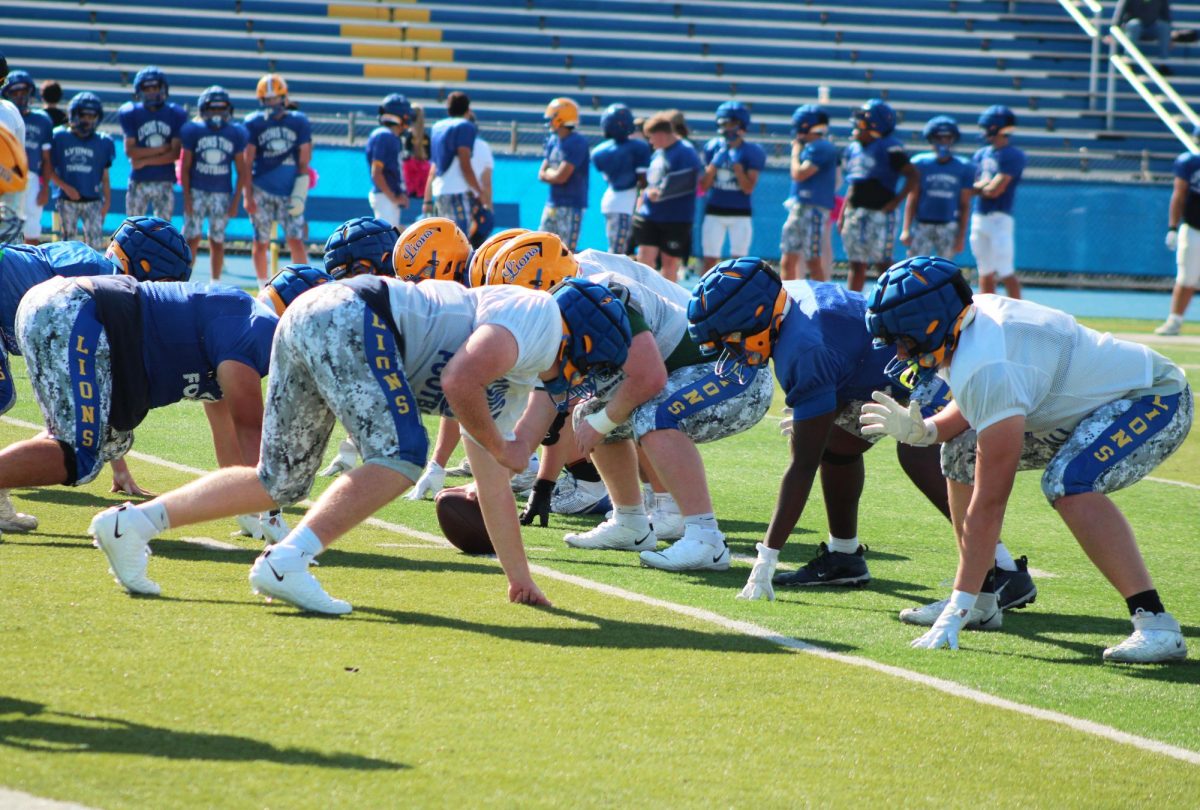




![Movie poster for '[Rec]" (2007).](https://www.lionnewspaper.com/wp-content/uploads/2023/04/rec-640x900.jpg)


